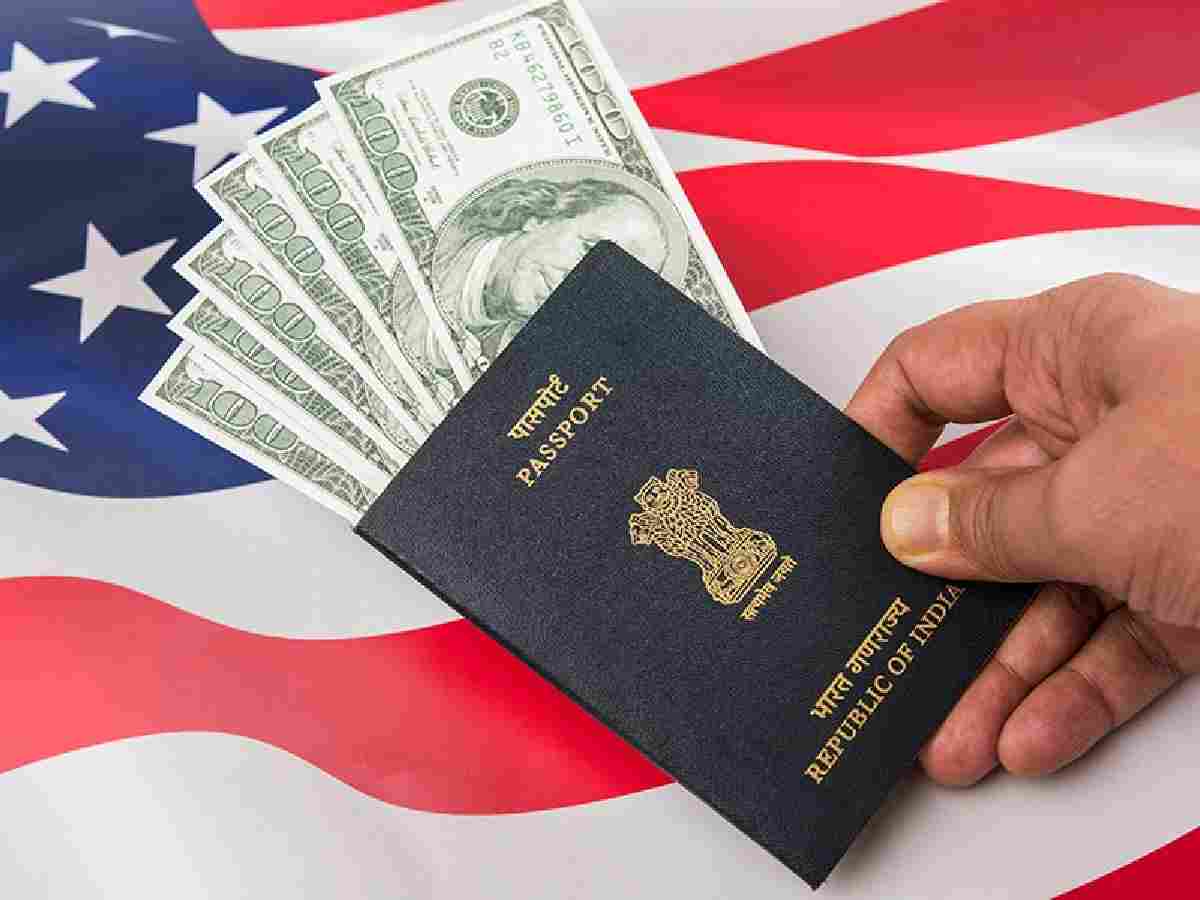
H-1B visa new rules:
The Department of Homeland Security (DHS) recently announced final rules to improve the H-2 visa program, which allows U.S. employers to hire foreign workers for temporary or seasonal jobs in agriculture and other sectors when qualified American workers are unavailable. These updates aim to streamline the process and strengthen worker protections.
The H-2B visa which covers temporary non-agricultural jobs, has an annual quota of 66,000 visas. To meet rising demand, the Department of Labor (DOL) has authorized an additional 64,716 H-2B visas for the fiscal year 2025. The new rules also address the maximum three-year stay limit for H-2 workers. Workers can now reset this limit by spending at least 60 days outside the U.S., replacing the earlier “interrupted” stay clauses.
Trump was speaking about the much needed H1-B reform at the beginning of 2019.
On December 18, 2024 The U.S. Department of Homeland Security (DHS) issued this final rule to modernize and improve the efficiency of the H-1B program. I guarantee all these big accounts screaming… pic.twitter.com/3ZpqMduMNJ
— BPGlass (@BPGlass2) December 28, 2024
The updated rules introduce stricter penalties for employers who charge prohibited fees to H-2A and H-2B workers. They also improve whistleblower protections, ensuring workers can report misconduct without fear of retaliation. Employers must cooperate with compliance checks and failure to do so may result in the rejection or revocation of their petitions.
Grace Period Extensions
H-2 workers now have a 60-day grace period after their employment ends. During this time, they can search for a new job or prepare to leave the country without violating their visa status. Additionally, the rule extends the 30-day grace period after petition revocations to 60 days, covering all revocation scenarios.
Portability and Compliance
The rule introduces “portability,” allowing H-2 workers to begin employment with a new employer immediately after the new employer files a petition, without waiting for approval. Starting January 17, 2025, all petitions must use the updated Form I-129.











